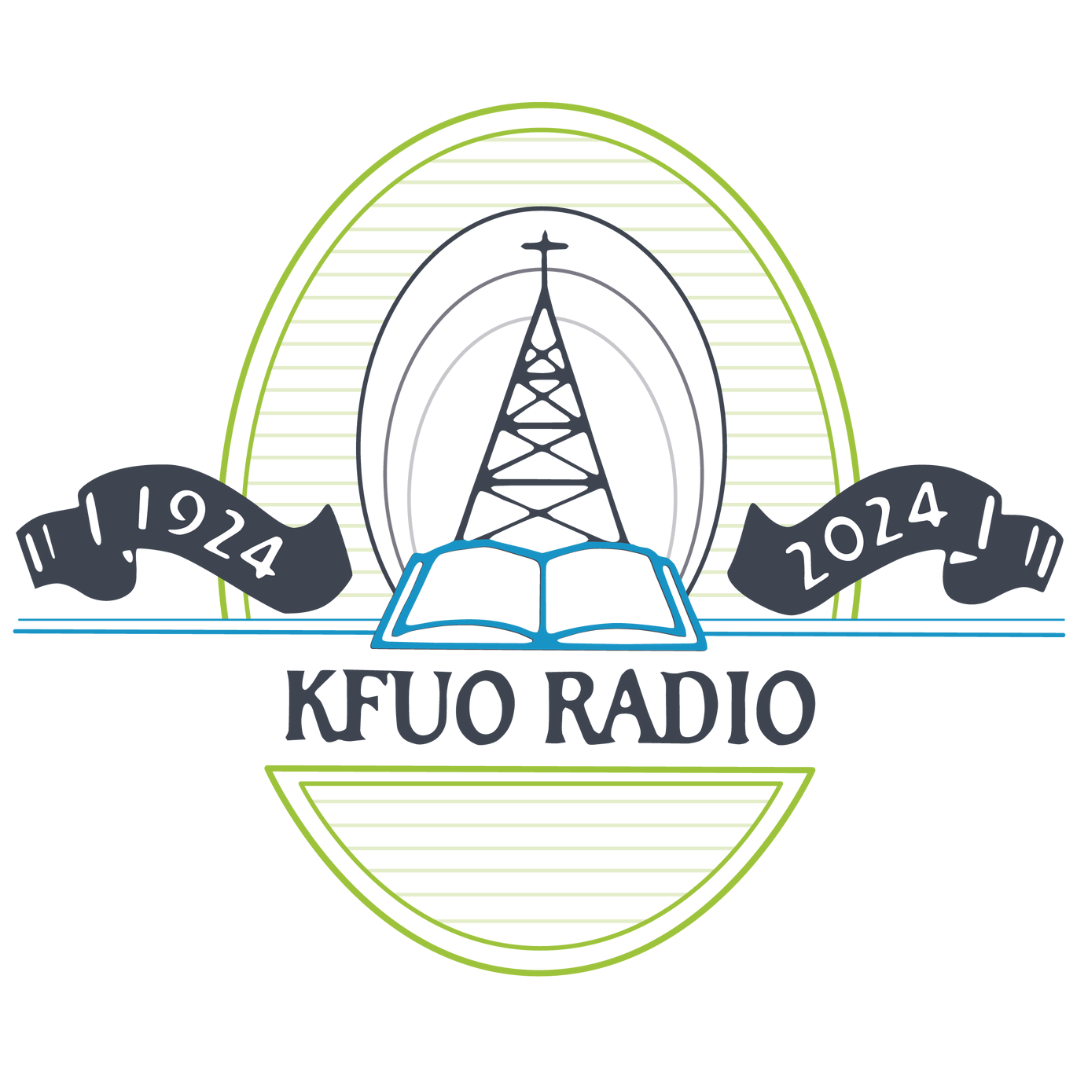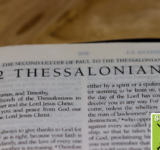 Rev. Dr. David Lewis from Concordia Seminary in St. Louis, Missouri, studies 1 Corinthians 13:1-13. Today’s study covers the greatest spiritual power, whether Christians need to speak in tongues, and love rejoicing in the truth.
Rev. Dr. David Lewis from Concordia Seminary in St. Louis, Missouri, studies 1 Corinthians 13:1-13. Today’s study covers the greatest spiritual power, whether Christians need to speak in tongues, and love rejoicing in the truth.
1 Corinthians 13:1-13
The Way of Love
13 If I speak in the tongues of men and of angels, but have not love, I am a noisy gong or a clanging cymbal. 2 And if I have prophetic powers, and understand all mysteries and all knowledge, and if I have all faith, so as to remove mountains, but have not love, I am nothing. 3 If I give away all I have, and if I deliver up my body to be burned,[a] but have not love, I gain nothing.
4 Love is patient and kind; love does not envy or boast; it is not arrogant5 or rude. It does not insist on its own way; it is not irritable or resentful;[b] 6 it does not rejoice at wrongdoing, but rejoices with the truth. 7 Love bears all things, believes all things, hopes all things, endures all things.
8 Love never ends. As for prophecies, they will pass away; as for tongues, they will cease; as for knowledge, it will pass away. 9 For we know in part and we prophesy in part, 10 but when the perfect comes, the partial will pass away. 11 When I was a child, I spoke like a child, I thought like a child, I reasoned like a child. When I became a man, I gave up childish ways. 12 For now we see in a mirror dimly, but then face to face. Now I know in part; then I shall know fully, even as I have been fully known.
13 So now faith, hope, and love abide, these three; but the greatest of these is love.
Footnotes:
- 1 Corinthians 13:3 Some manuscripts deliver up my body [to death] that I may boast
- 1 Corinthians 13:5 Greek irritable and does not count up wrongdoing
English Standard Version (ESV)
The Holy Bible, English Standard Version. ESV® Permanent Text Edition® (2016). Copyright © 2001 by Crossway Bibles, a publishing ministry of Good News Publishers.







